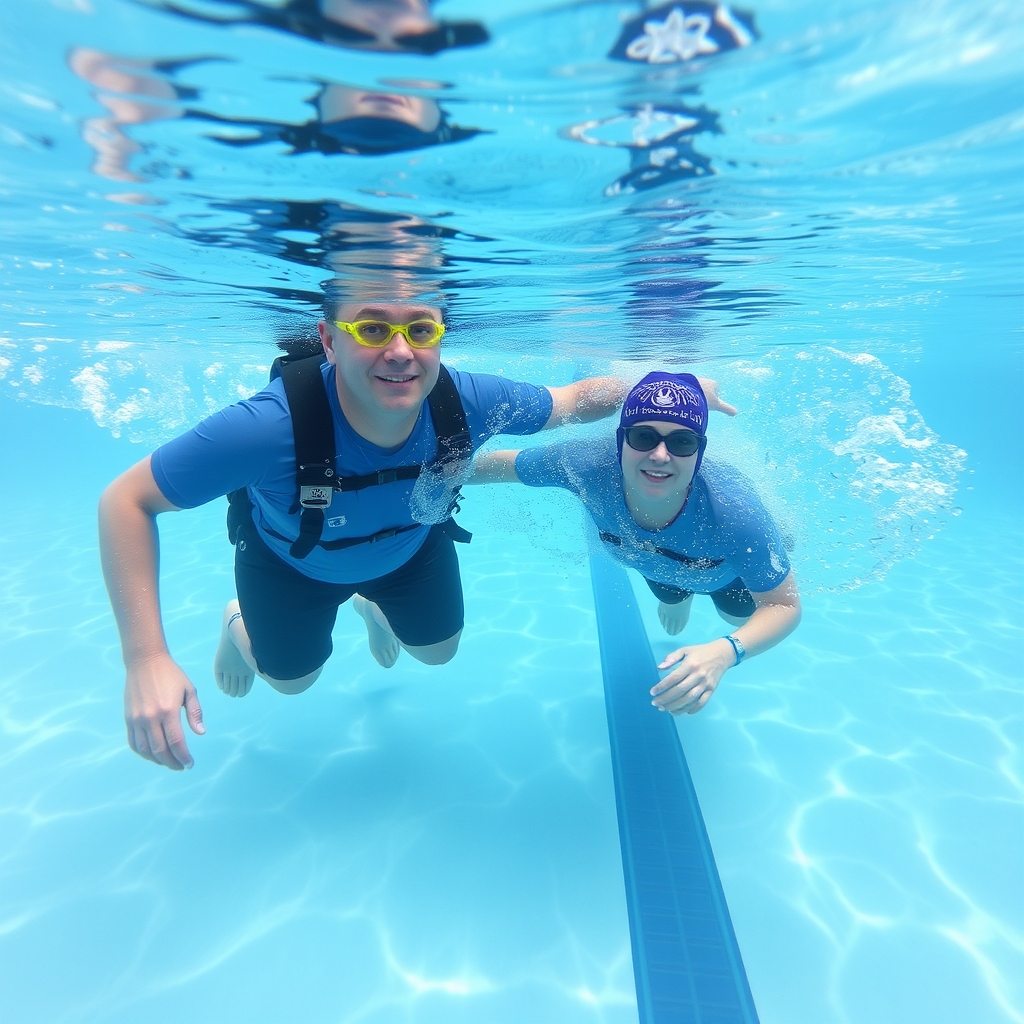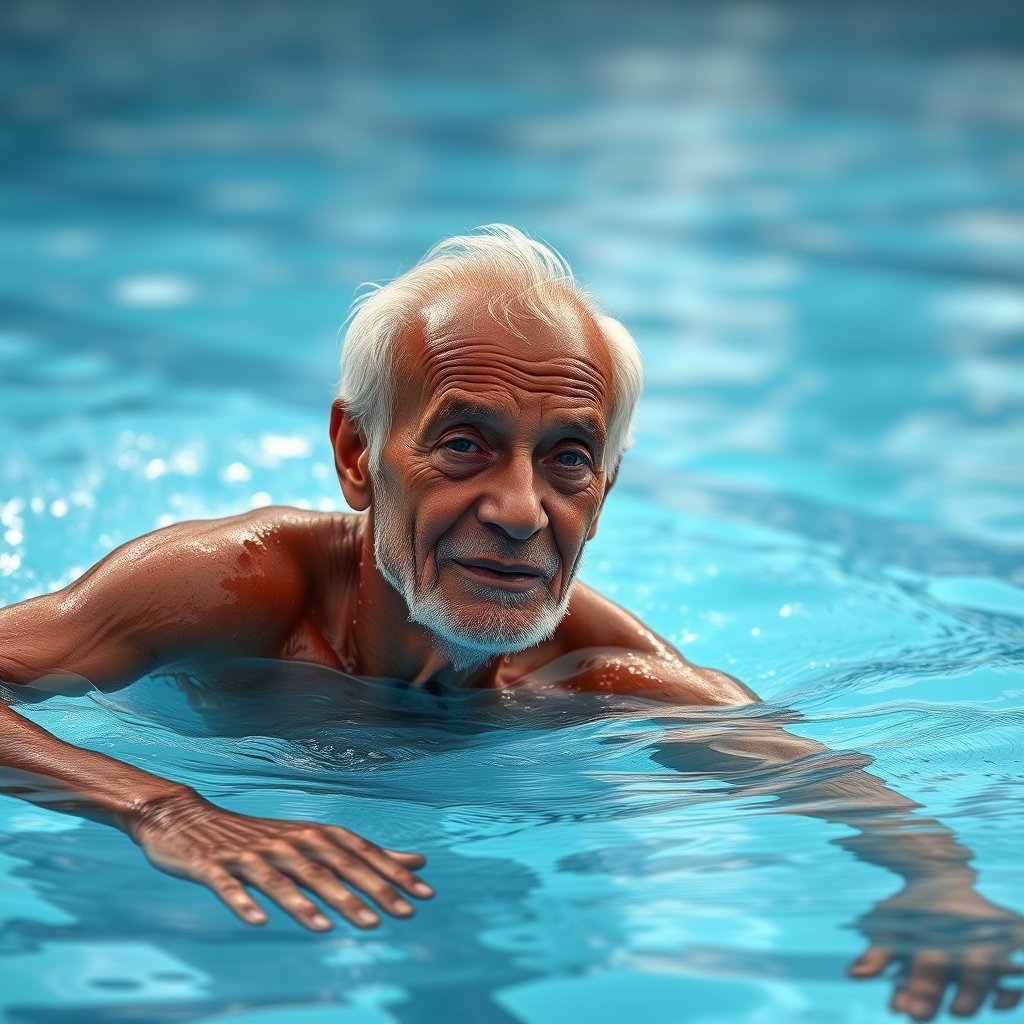Beyond the Pool – Why Swimming Lessons Are Essential For Australian Kids
Why Swimming Lessons Matter
- Boosts water safety for life
- Builds confidence and strength
- Fosters friendships and social skills
- Opens doors to elite sports pathways
- Strengthens Australia’s global swim presence
Swimming and Society
Swimming in Australia isn’t just seasonal—it’s cultural. With backyard pools, surf clubs, and weekend swims at the local aquatic centre, we grow up with water woven into our daily lives. And our sporting legacy proves it: champions like Emma McKeon, Ian Thorpe, and Paralympic hero Grant ‘Scooter’ Patterson all started their journeys in learn-to-swim programs just like the ones operating in suburbs and towns across the country.
While many celebrate elite success, there’s also a growing responsibility: ensuring that every child, regardless of background, has access to swim education. Costs are rising, but many councils and communities are stepping in to offer subsidised lessons and aquatic access. It’s an investment in safety, inclusion, and public wellbeing.

More Than a Skill – A Lifesaving Necessity
With over 35,000 km of coastline and thousands of swimming lessons and locations, water surrounds us. But those beautiful spaces carry risk.
Swimming lessons prepare children to respond to sudden falls, strong currents, and high-pressure situations. Kids who know how to tread water, float, and stay calm are more likely to survive unexpected incidents and support others, too.
Building Confidence and Physical Literacy
Swimming builds more than biceps—it boosts brains and character. It teaches:
- Full-body coordination
- Consistent goal-setting
- Emotional resilience
From their first dunk to advanced strokes, children grow confident not just in water but across all areas of their development.

Swimming Lessons Build Safety
Water-Safe Communities Start with Early Education
Swimming education doesn’t just protect the learner—it empowers entire households. When kids come home from class reminding siblings and parents about safety tips, the ripple effect is real.
Programs focused on outreach—including those for Indigenous communities and migrant families—help close dangerous gaps and ensure no child is left behind near water.
A Gateway to Belonging and Social Growth
Pools are where kids meet friends, learn cooperation, and participate in team activities. For many children, swim classes are their first experience of structured group play outside school.
These experiences strengthen social bonds, encourage inclusivity, and build emotional intelligence—skills that follow them out of the water and into life.
Laying the Foundation for Future Champions
Not every swimmer will earn Olympic gold—but every child deserves to dream. Australia’s national swimming system is rooted in local learn-to-swim initiatives, providing a clear pathway from splash pads to podiums.
Young swimmers gain exposure to:
- Local and regional meets
- Coaching and talent identification programs
- A sports community built on health, effort, and support
These networks create more than athletes—they cultivate discipline, confidence, and character.
Supporting Mental Health and Emotional Regulation
Swimming’s rhythmic movements and weightless environment promote calm and concentration. For children, this means improved emotional control, reduced anxiety, and focused energy.
It’s especially helpful for neurodivergent learners or those managing trauma, offering a therapeutic space that is both fun and functional.
Empowering All Abilities – Inclusive Aquatics
Modern swim programs are adapting facilities and teaching techniques to include children with diverse physical and cognitive needs.
Through sensory scheduling, adaptive gear, and accessible instruction, more families are finding swimming to be a safe, joyful option for all.
Cultural Identity and National Pride
Swimming is deeply embedded in Australian identity. From summer holidays to school carnivals, it’s how we celebrate, compete, and connect.
Lessons introduce children to the cultural language of water—building confidence at the beach and bonding communities through shared experience.
Swimming on the World Stage – Global Benefits of Early Aquatic Education
Australia’s strong swim culture fuels global leadership in both sport and safety. Thanks to robust local programs:
- Talented swimmers rise to international podiums
- Australian coaching methods are exported worldwide
- Global partnerships promote water safety in developing nations
Our kids aren’t just learning strokes—they’re becoming global citizens with a skillset that opens doors abroad.

Lifelong Benefits – Swimming for Adults, Seniors, and Tourism
Swimming isn’t just for kids—it offers tremendous value across the lifespan.
For Adults and Seniors
Adults benefit from swimming through:
- Low-impact cardio and joint relief
- Social aqua classes for mental wellbeing
- Confidence in parenting, supervising, and participating in water-based recreation
For seniors especially, swimming offers independence, mobility support, and therapy for arthritis or post-surgical recovery.
For Non-Swimming Adults
Many adults never learned to swim due to cultural barriers, limited access, or fear. Today’s adult swim classes help people:
- Gain life-saving skills
- Safely enjoy beaches and pools with loved ones
- Model confident, healthy behaviours for children
It’s never too late to learn—and many do.
Boosting Australian Tourism
Swimming isn’t just a sport—it’s part of our national brand. Tourists travel to Australia for snorkelling, surf lessons, reef diving, and water parks.
A population fluent in swimming boosts:
- Visitor confidence in local tours and experiences
- Lifeguard and guide employment
- Safety across destinations like the Great Barrier Reef and Bondi Beach
Swimming isn’t just good for health—it’s good for the economy, too.
Building the Future – One Lap at a Time
Whether it’s teaching toddlers to float, helping teens chase gold, or supporting seniors with gentle exercise, swimming lessons carry value that spans generations.
It connects us, protects us, and reflects the values that define what it means to be Australian. And every time we invest in lessons, awareness, and access, we build a more inclusive, active, and water-wise future.
Join the Discussion
Has swimming made a difference in your life or your family’s wellbeing? Do swimming lessons work for your family? Did you get swimming lessons when you were a child and why?
#WaterSafeKids #SwimForLife #InclusiveAquatics #LearnToSwim #SwimStrongAustralia #SwimConfidently #AussieSwimCulture #WellbeingThroughWater #GlobalSwimImpact #HealthyAging



